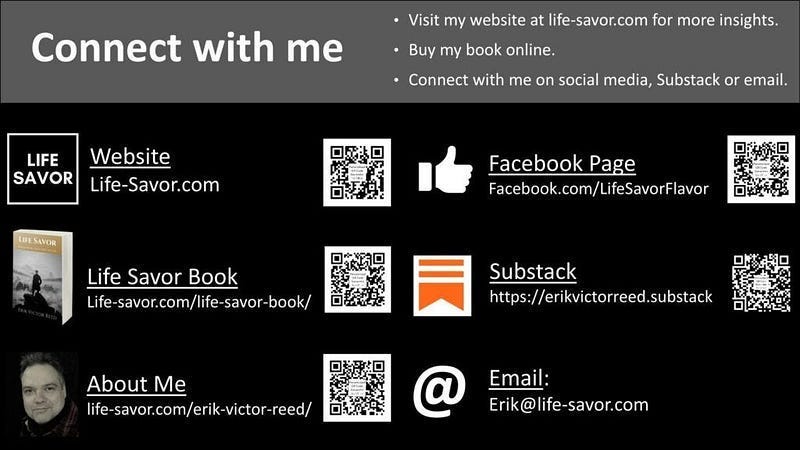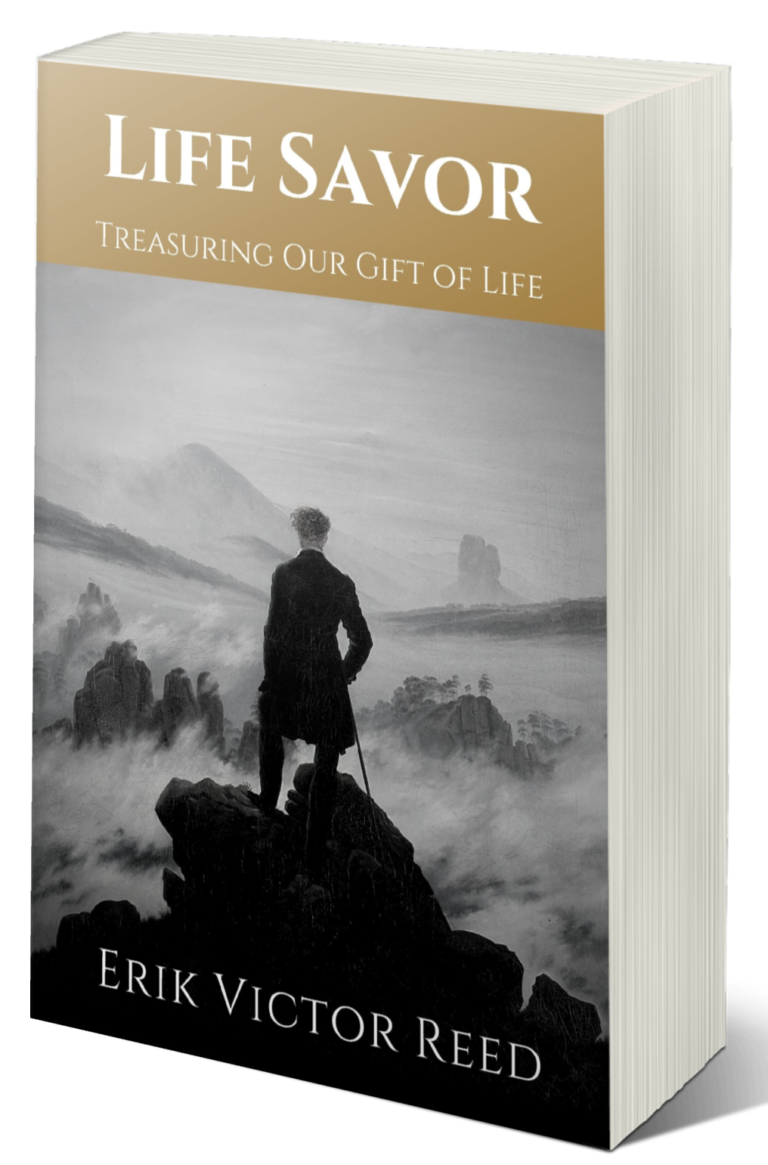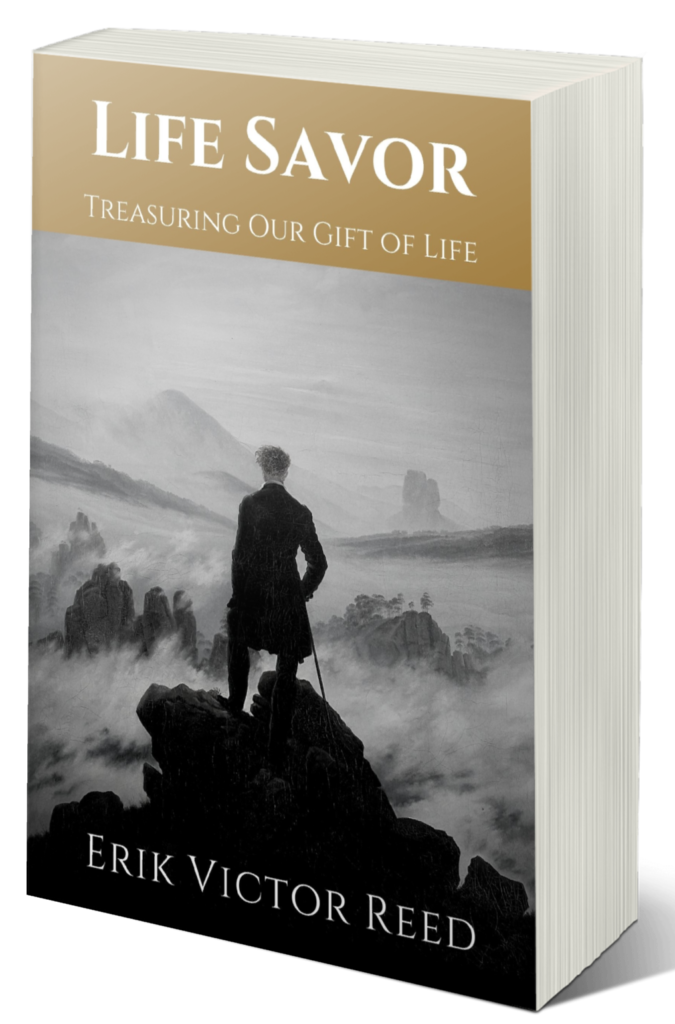Three quotes on the art of being true to yourself
1. Emerson: Trust Thyself
“Trust thyself: every heart vibrates to that iron string.”
—Ralph Waldo Emerson, Self-Reliance
Emerson’s call is thunderous: trust thyself. Not “trust when others approve,” not “trust if it feels safe,” but simply: trust.
This is harder than it sounds. From childhood, we’re trained to seek permission — gold stars, grades, promotions, likes. Trusting ourselves can feel reckless. But Emerson reminds us that the deepest resonance comes when we follow our own compass.
I think of a young woman choosing a path against her family’s wishes. She feels the risk, the isolation. And yet, years later, when she looks back, she knows the decision carried her toward a fuller life. That is Emerson’s iron string: the note that vibrates when we honor ourselves.
Reflection: Where in your life are you ignoring the iron string? What decision are you postponing because you fear disapproval? Trust thyself.
2. Thoreau: Live Deliberately
“I went to the woods because I wished to live deliberately, to front only the essential facts of life, and see if I could not learn what it had to teach.”
—Henry David Thoreau, Walden
Thoreau’s words echo independence at its core. To live deliberately is to resist drifting on borrowed scripts. It is to pause, to ask: What is essential? What do I truly want my life to mean?
His cabin at Walden Pond was not a rejection of society but an experiment in authorship. He wanted to see if life could be lived on his own terms, with integrity to his compass.
We may not all retreat to the woods, but we face our own choices: Will we let our days be swallowed by demands, or will we carve space for what matters?
A Universal Scene: Imagine a man who works long hours, always exhausted, chasing metrics set by others. One day, he wakes up with the thought: “Is this what I want my one life to be?” That spark — the longing to live deliberately — is the start of independence.
Reflection: What would it look like to “live deliberately” in your own context — not in the woods, but in your home, your work, your choices today?
3. Beauvoir: Mutual Recognition of Freedom
“To will oneself free is also to will others free.”
—Simone de Beauvoir, The Ethics of Ambiguity
Beauvoir adds a vital dimension: independence is not just selfish withdrawal. It schools us in how to recognize others as free beings too.
To be independent is to honor one’s own freedom and to therefore recognize and respect that same vital freedom in others — not as rivals, but as companions in the same condition. When both partners in a friendship or love relationship respect one another’s selfhood, independence deepens connection rather than erodes it.
Think of two people in love. If one demands total control, the relationship suffocates. If both honor each other’s freedom, the bond enlarges them. Each becomes more alive, not less.
This is the paradox: independence is not just isolation. It is the seed of mutual recognition. My freedom allows me to recognize the vital need in you of your freedom as well.
Reflection: How might your independence actually enrich, rather than threaten, the lives of those around you?
The Thread Through All Three
Emerson demands that we trust our compass.
Thoreau urges us to live deliberately.
Beauvoir reminds us that our freedom is tied to others’ dignity.
Together, these three voices paint a full picture of independence:
- Inner trust.
- Deliberate authorship.
- Mutual recognition and true companionship.
Mortality’s Reminder
Life is short, and conformity is tempting. But mortality clarifies: there is no rehearsal. You only get this one chance. To waste it on mimicry is to waste it altogether.
Trust thyself. Live deliberately. Will yourself — and others — to be free.
Altogether, these lead you, and those around you, to a life more fully lived.
For more like this, visit the broader project at life-savor.com, or explore the Life Savor book itself.
To learn more about Life Savor’s philosophy,
read Life Savor: Treasuring Our Gift of Life by Erik Victor Reed.








